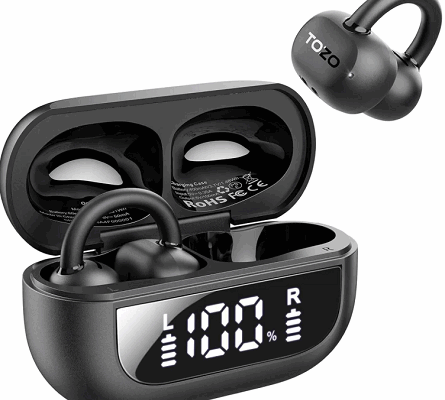 Living with long-term foot discomfort isn’t just annoying—it can throw off your entire day. Think about it: walking, standing, even lounging at home can feel like a chore when your feet are in pain.
Living with long-term foot discomfort isn’t just annoying—it can throw off your entire day. Think about it: walking, standing, even lounging at home can feel like a chore when your feet are in pain.
If you’re dealing with ongoing soreness, stiffness, or fatigue in your feet, you’re not alone—and you don’t have to settle for it.
In Manhattan, where people are constantly on the go, foot discomfort can be especially disruptive. But here’s the good news…
There are real, effective remedies that can help you get back on your feet—literally. Let’s dive into practical solutions that can ease the strain and bring comfort back to your every step.
1. Prioritize Proper Footwear
Your shoes play a huge role in how your feet feel day to day. Wearing shoes without proper support or cushioning can worsen discomfort and even cause new problems. Look for footwear with good arch support, a roomy toe box, and shock absorption.
Avoid high heels or shoes that squeeze your feet. Switching to quality shoes designed for foot health can reduce strain and prevent pain from getting worse. Whether you’re running errands or standing at work, investing in supportive footwear gives your feet a break they desperately need.
2. Stretch and Strengthen Your Feet
Feet need movement just like any other part of your body. Simple exercises can boost circulation, loosen tight muscles, and strengthen your arches. Try toe curls by picking up small objects with your toes or rolling a tennis ball under your foot to massage the arch.
Calf stretches can also relieve tension that contributes to foot pain. Doing these stretches daily can improve flexibility and reduce soreness, helping you stay active without discomfort slowing you down. Plus, they don’t take much time—just a few minutes a day can make a difference.
3. Soak and Massage for Comfort
When your feet feel tired or achy, a warm soak can offer quick relief. Fill a basin with warm water and add some Epsom salts to help reduce inflammation. After soaking for 15–20 minutes, give your feet a gentle massage to stimulate blood flow and ease muscle tightness.
You can use your hands or even a massage tool. Massaging helps break down knots and calms irritated nerves. Making this a regular ritual, especially after long days, can keep discomfort in check and provide soothing relief you’ll look forward to.
4. Seek Expert Help When Needed
If your foot discomfort sticks around or gets worse despite home care, it’s time to see a specialist. Podiatrists can diagnose conditions like plantar fasciitis, Morton neuroma, ankle sprains and fractures, Achilles tendonitis, arthritis, or bunions and tailor treatments to your needs. This might include custom orthotics, physical therapy, or medication.
In some cases, more advanced treatment like foot surgery in Manhattan may be necessary to correct structural problems causing pain. Modern foot surgery techniques are minimally invasive and focused on quick recovery. Don’t hesitate to get professional advice—it could be the step that finally brings relief and restores your mobility.
5. Maintain a Healthy Weight and Stay Active
Extra body weight puts more pressure on your feet, increasing pain and slowing recovery. Keeping a healthy weight eases this burden and lowers your risk of foot-related conditions. Along with weight management, staying active is key.
Low-impact exercises like swimming, biking, or walking on soft surfaces help keep your muscles strong without overloading your feet. Just be sure to pace yourself and wear supportive shoes to avoid aggravating discomfort. Together, healthy habits and movement make your feet stronger and more resilient over time.
6. Use Supportive Devices
Supportive devices such as braces, splints, or compression socks can make a noticeable difference when dealing with chronic foot discomfort. Night splints, for example, keep your foot stretched overnight to ease morning pain from plantar fasciitis.
Compression socks improve circulation and reduce swelling, especially if you spend long hours on your feet. These devices work alongside other treatments to protect your feet and speed up healing. You can find many options at pharmacies or medical supply stores, and your doctor can recommend the best fit for your situation.
7. Pay Attention to Your Daily Habits
Small habits add up over time. Avoid standing still for too long without breaks, and when possible, sit down to relieve pressure. If your job or lifestyle demands lots of standing, using cushioned floor mats or padded insoles can reduce impact on your feet.
Elevate your feet when resting to help reduce swelling, and stay hydrated to keep tissues healthy. Being mindful of how you use your feet throughout the day protects them from unnecessary strain and keeps discomfort from worsening.
Conclusion
Long-term foot discomfort doesn’t have to become your new normal. With the right mix of home remedies, lifestyle adjustments, and professional care, you can find lasting relief. So, don’t ignore the signals your feet are sending—listen to them, take action, and give them the care they deserve. Because when your feet feel better… everything else starts to fall into place.







